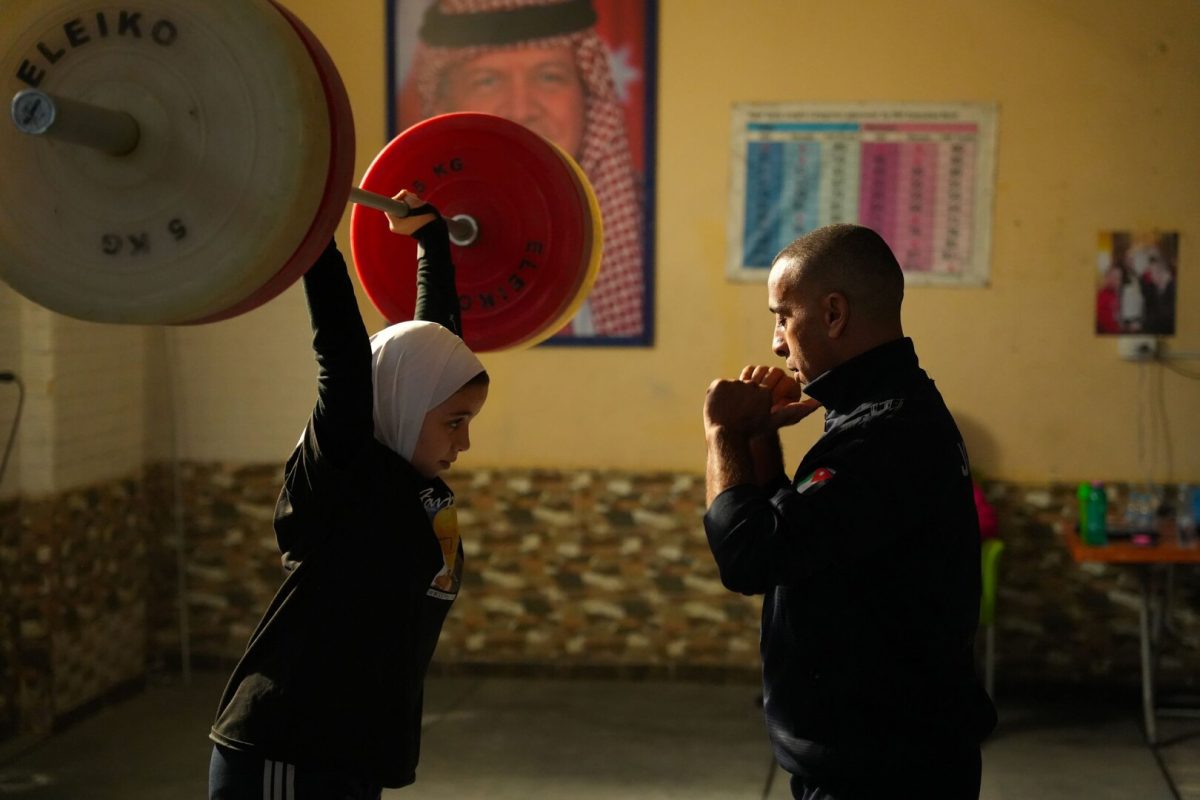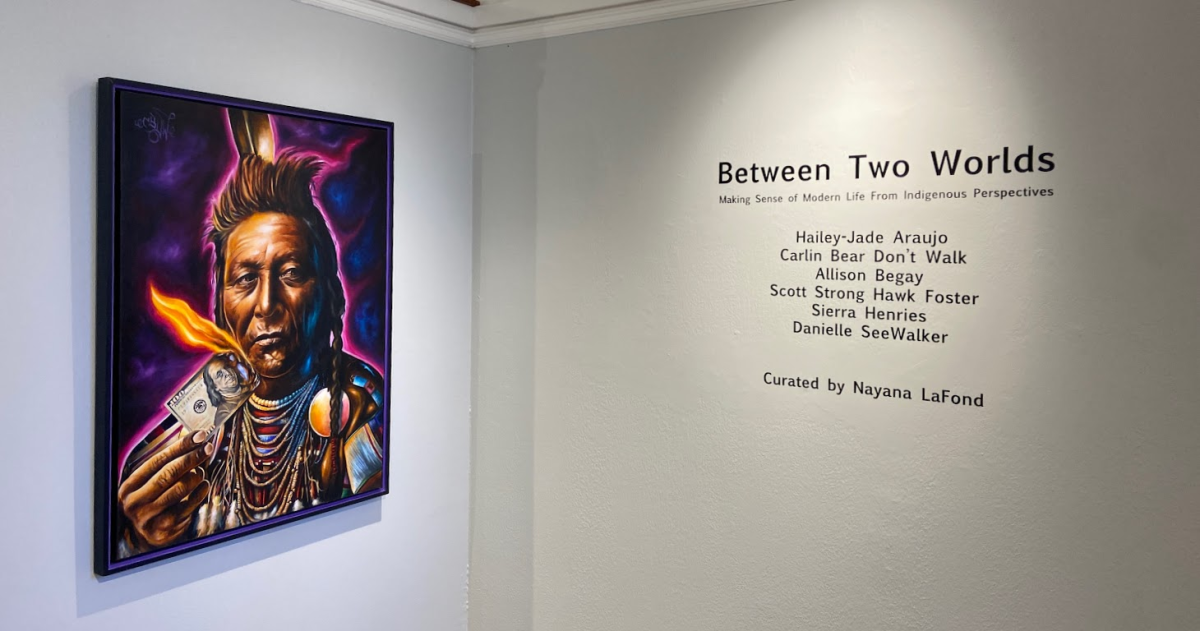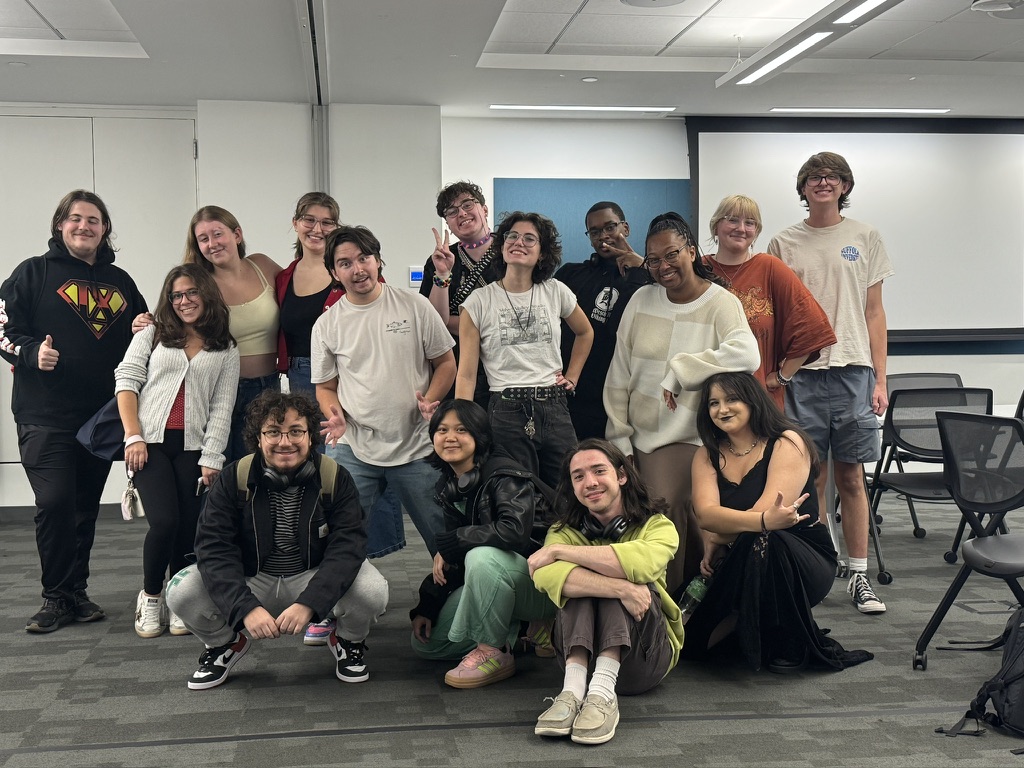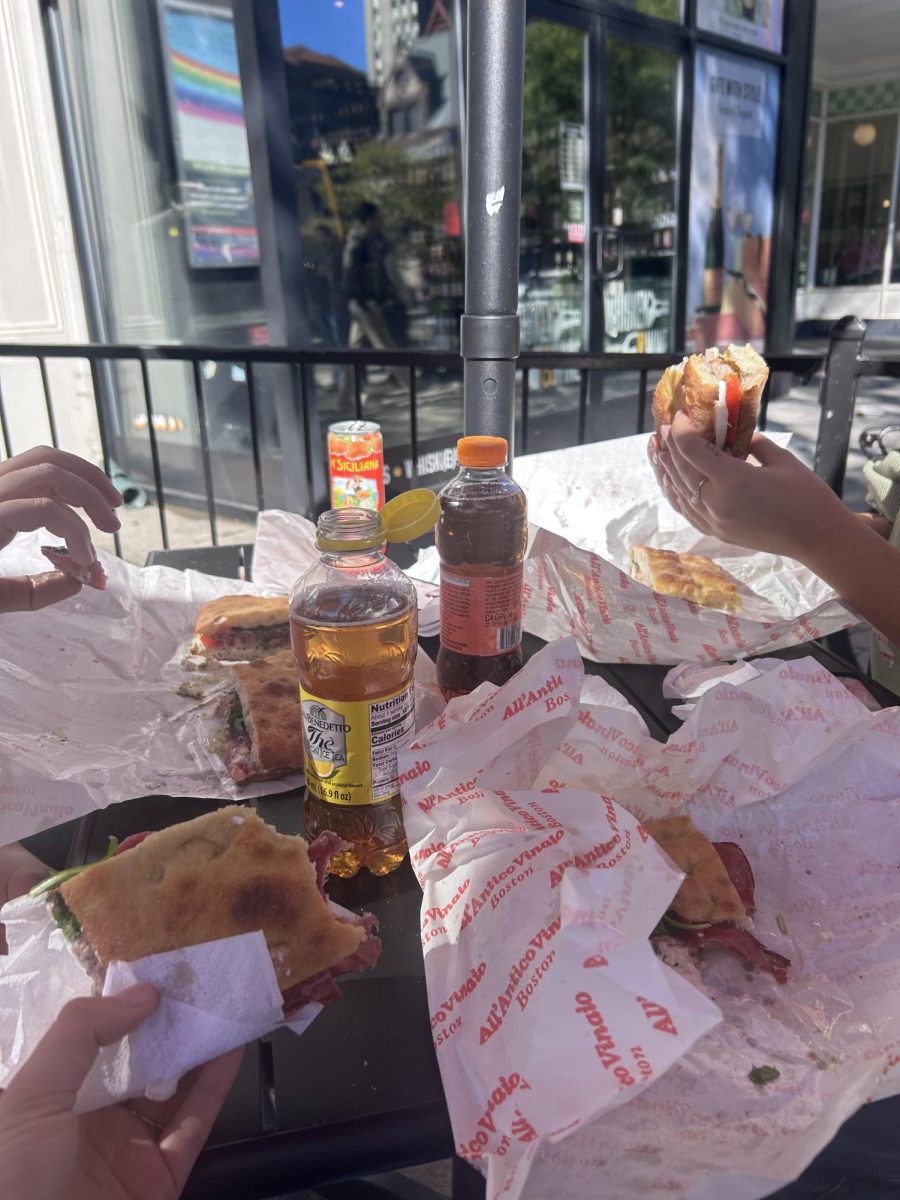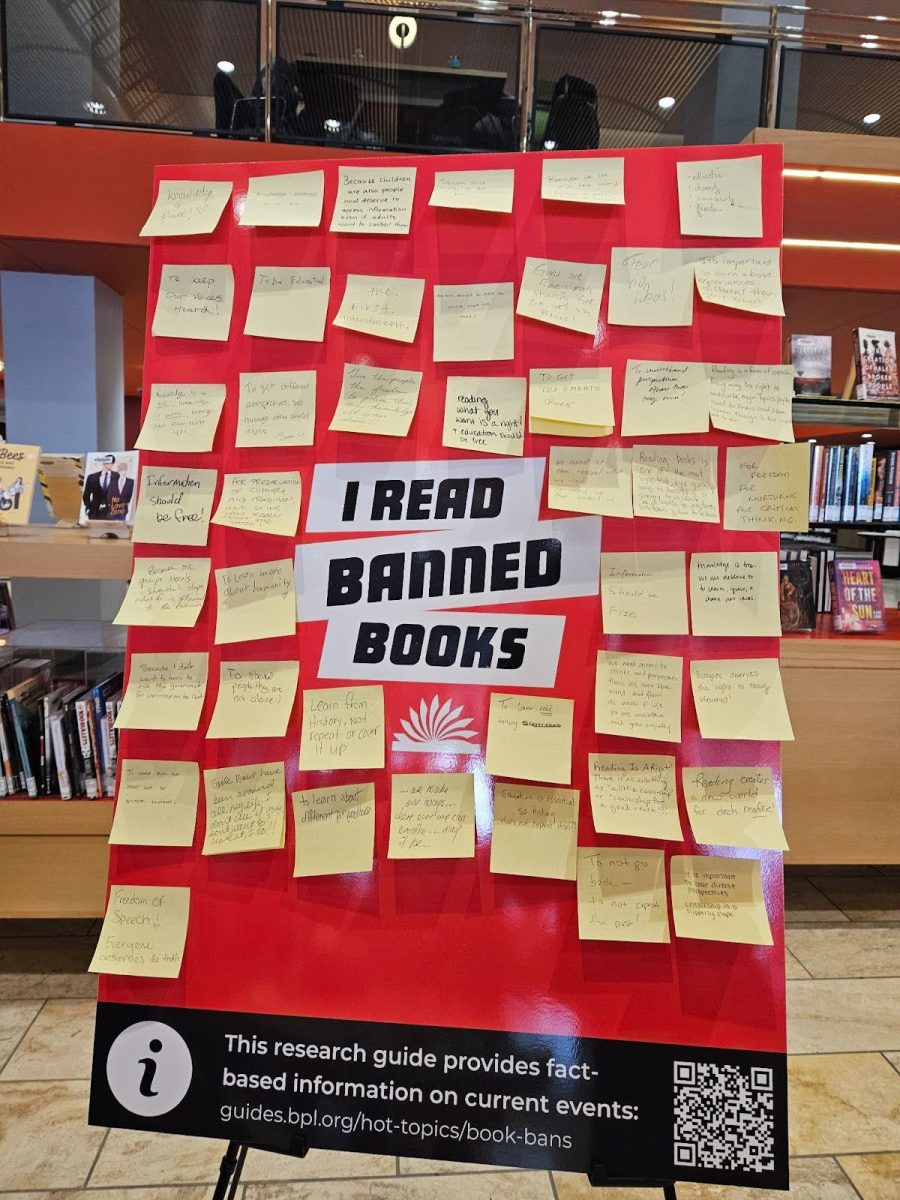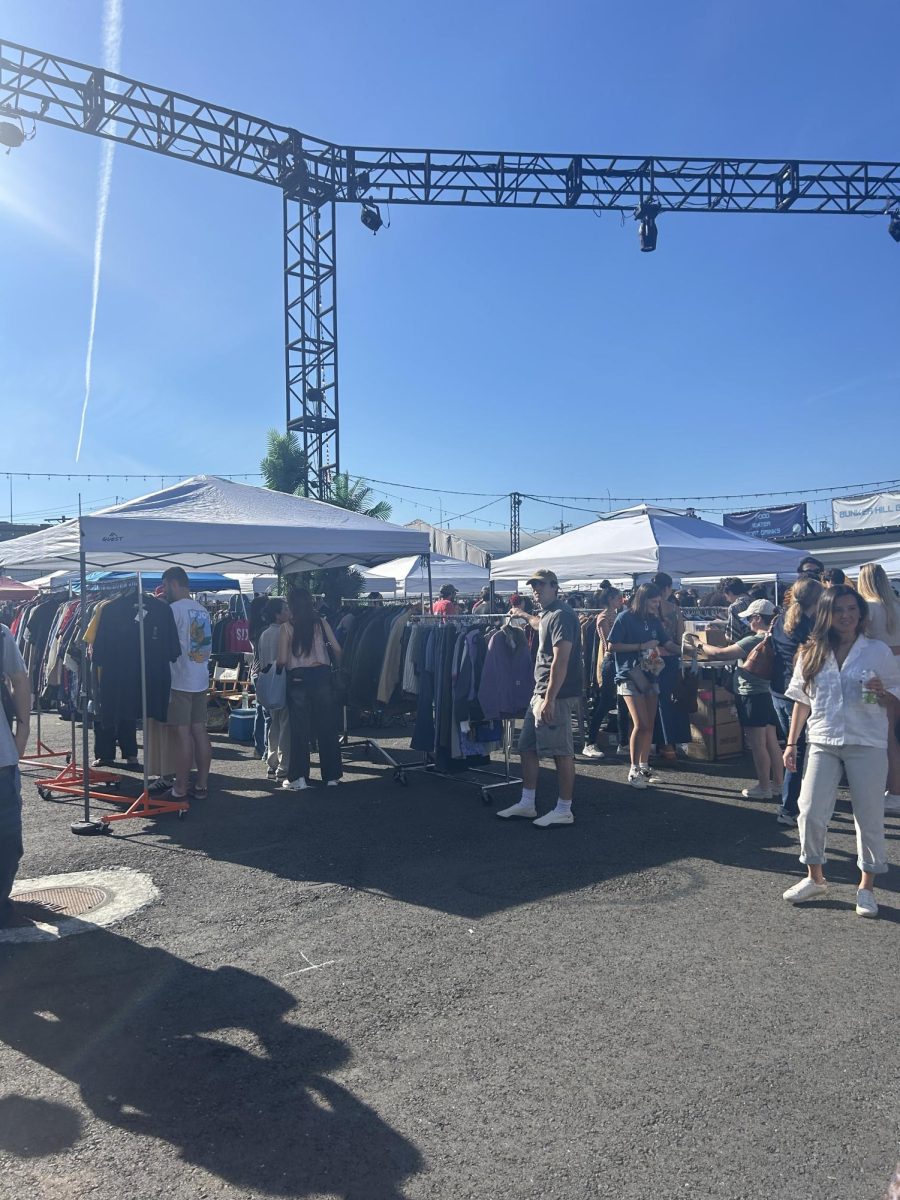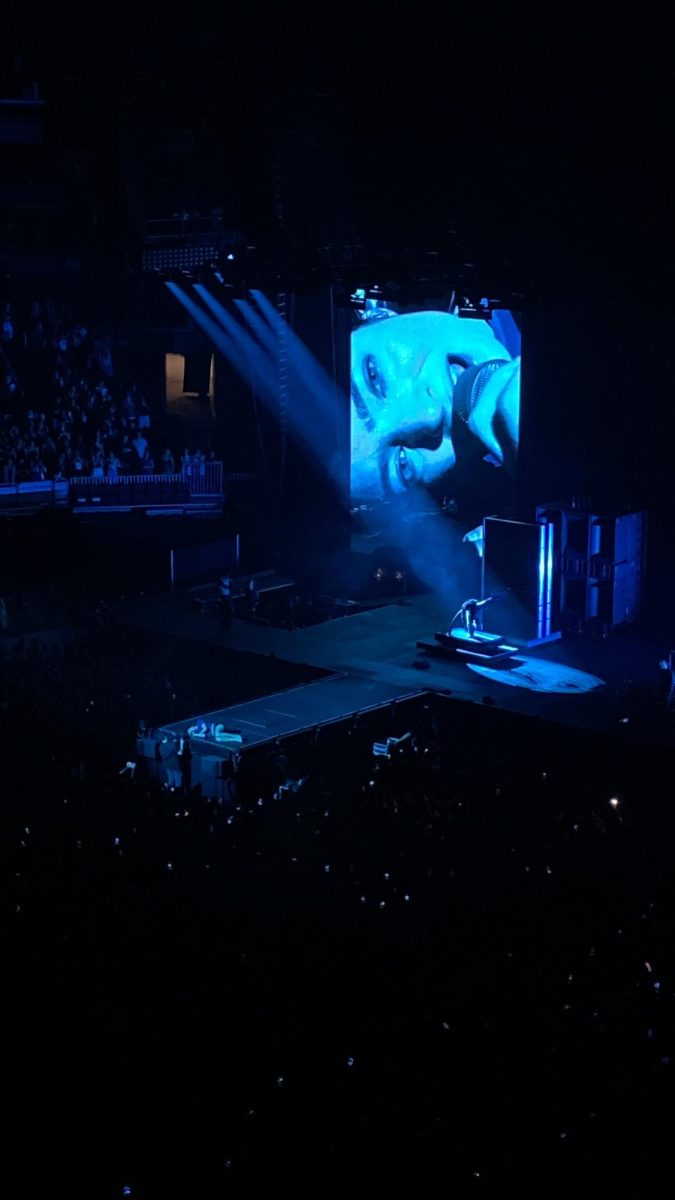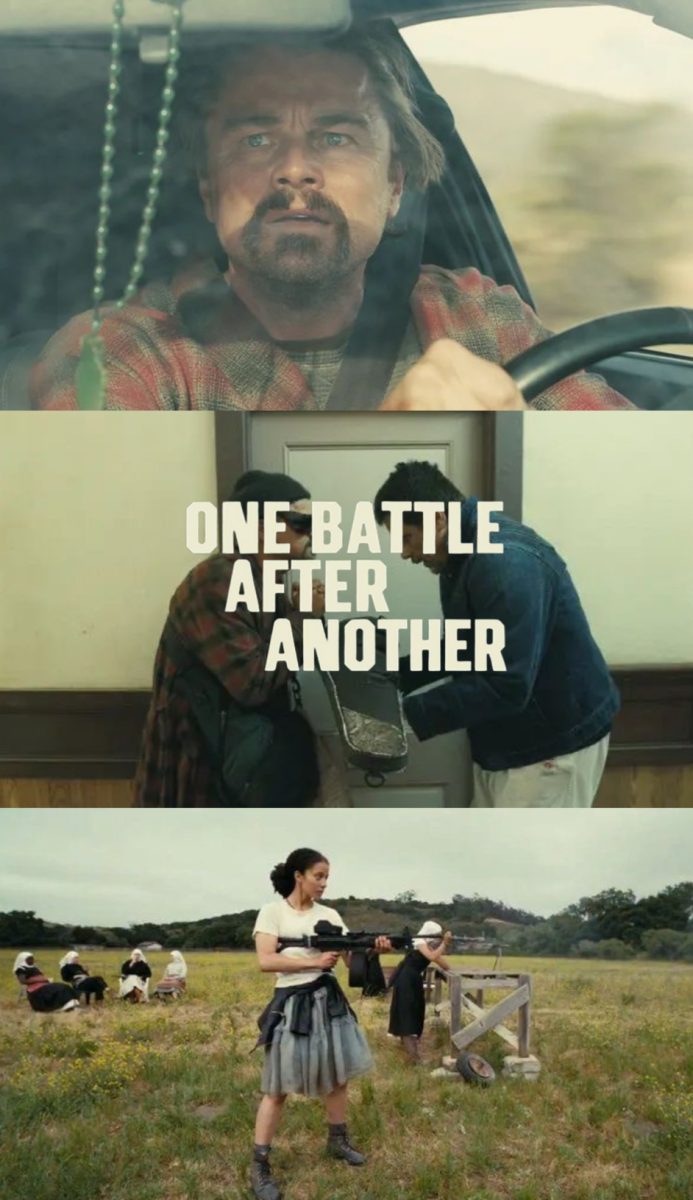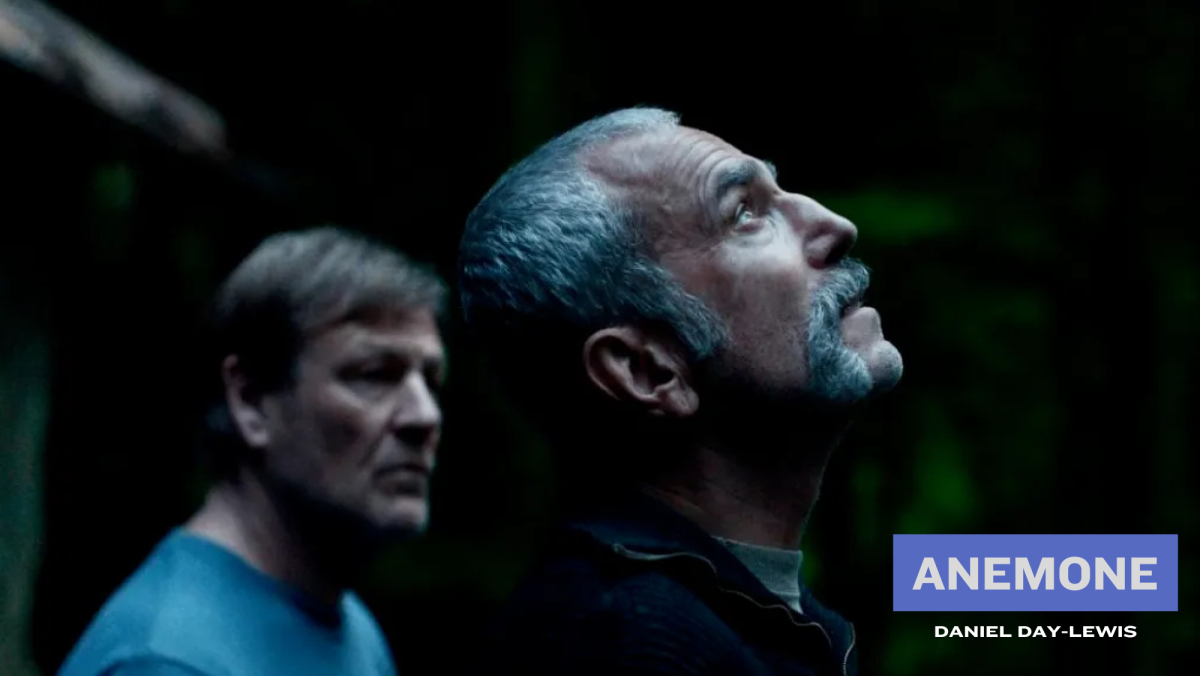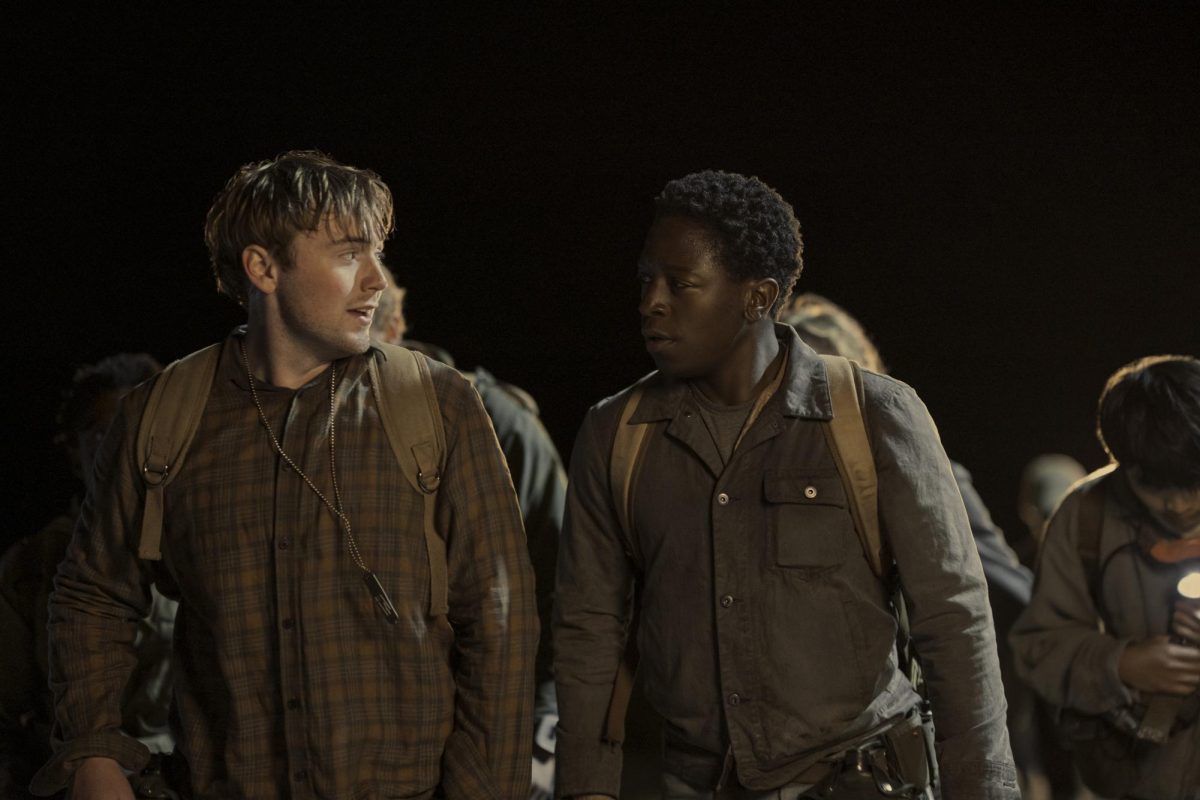The Boston Palestine Film Festival has been on a mission to expose the people of New England to Palestinian culture through art since 2007. Due to the ongoing Israeli-Hamas war, the BPFF chose to postpone the in-person viewings of this year’s films, but online viewings were still held.
“We strive to expand our audience and reach more people who want to learn about the deep and rich diversity of Palestinian narratives, and who want to be entertained by talented filmmakers,” said Programming Director Michael Maria.
I chose to watch two narrative short films “Touchline” and “Out of Combat,” as well as the documentary “Heavy Metal.”
Heavy Metal
“Heavy Metal” follows the story of Champ Camp, a female powerlifting team in the Al Baqa’a Palestinian refugee camp in Amman, Jordan. This documentary is full of two sounds: the slamming of weights and laughter.
The documentary places viewers right in the weight room as the Champ Camp prepares for a qualifying competition with a final goal of competing in Qatar. Through individual interviews, exploration of the daily life of people in the camp and compilations of training, a community dedicated to supporting members is revealed. Every time one of the athletes fails, a coach is there ready with words of encouragement and technical advice.
Often in the Western media, there are preconceptions about how women are treated in Islamic societies. “Heavy Metal” acknowledges the prejudices that these competitors have faced while also counteracting the narrative that these women are helpless. It’s inspiring to listen to these young women talk so passionately about how competitive weightlifting has transformed their self image and given a confidence that is theirs alone.
Touchline
“Touchline” is a short narrative film directed by Mohammed Saffouri and inspired by the director’s own grandfather. Set in the year 1948 in Haifa, a city that presides in present-day Israel, “Touchline” explores the story of Ahmed Saffouri, a teenage soccer player.
The short film does an incredible job of establishing its setting and building context for the world around it. It’s a film that the audience can go into blindly, not knowing anything about the region, and come out with a picture of the depicted events that is just as clear as a historian. The film doesn’t shy away from making a statement, having soldiers, gunfire and references to the Deir Yassin massacre. The film shows viewers the terror present for civilians during the 1948 War.
We still live in a world deeply scarred by the events depicted in this short film, but we also live in a world where the grandchildren have a platform to depict their stories. During the credits, hearing the real Ahmed Saffouri, the director’s late grandfather whom the story is based upon, felt profound.
I can comfortably say that if you are only able to watch one film from the BPFF you will not be disappointed choosing “Touchline.”
Out of Combat
Given the ongoing crisis in Gaza, watching the beginning of “Out of Combat” felt surreal. “Out of Combat” is a narrative short film that depicts the reality of the Lebanese-Israeli border. It was filmed in Lebanon in 2023 and is loosely influenced by the death of Palestinian-American Journalist Shireen Abu Akleh. The film depicts two journalists reporting on rising tensions and strikes between Israel Defense Forces, Hamas and Hezbollah.
I enjoyed the way the film used news reports on the radio to build context. It connects the small narrative to a larger scale and gives the audience the necessary context to follow the plot.
However, the characters have no nuance; they just feel like vessels for the cause. This film’s characters feel inauthentic not for its depiction of the very real reality at the Israeli-Lebanese border, but for the completely one-sided depiction it offers of the Palestinian side. When one reporter gives a self-righteous lecture while the other shows fear, it’s hard not to feel that way.
Ultimately, if it weren’t for the relevance of the premise, I doubt that “Out of Combat” would have left any impression on me.
The virtual leg of the festival concluded Oct. 23, but you can still view all of this year’s films and films from previous years at the BPFF’s website. The Festival hopes to offer in person viewings at a future undetermined time.


